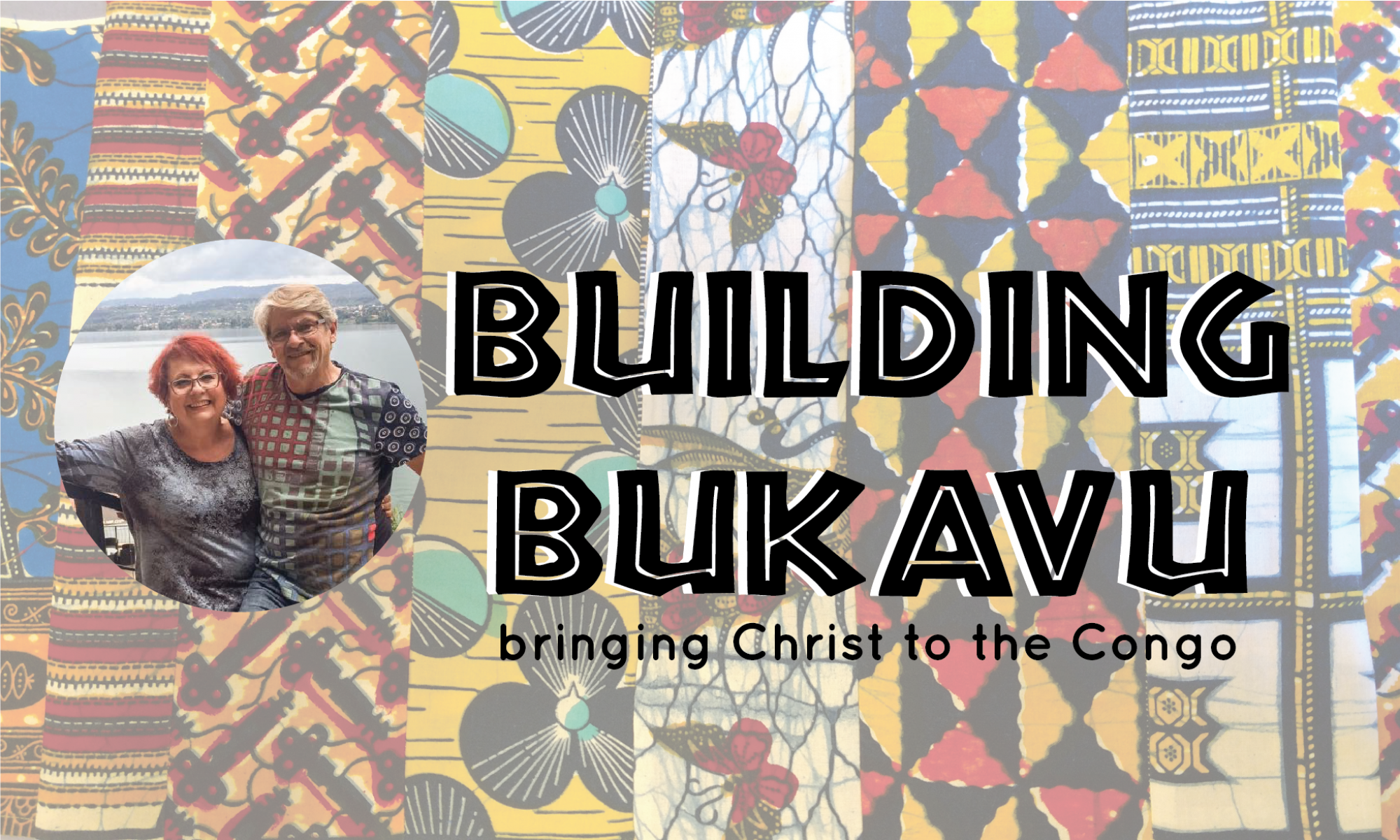
What is fast food in Congo? Only what you bring with you: Spam, crackers, and Manchego cheese, plus local eggs, were what we ate for the first few days as we all had just arrived from the States. As you read in my previous post, the time came to shop for more and begin to fill the larder. I was game to go with Chantal, our kitchen worker extraordinaire, to see just what was available in THE store, yes, only one, grocery store in a town of 4 million. What fun! Heinz ketchup ($11.50), a teeny can of corned beef ($3.85), four-berry jam ($6), a pound of BlueBand margarine ($4.40), and a small can of Nido, canned dried full cream milk powder, the only way milk is available ($4.80).

These were delightful finds. But we found ourselves in a pickle straightaway. We had to drop off our baskets before entering the store. When we checked out, the checkers began the process of calling out what was on the receipt and matching each item to it one by one, putting everything in a large cardboard box. They taped it up securely, forgetting to use the baskets we came with. Chantal then put the very heavy box on her head (!) and we walked to the open market without remembering to pick up the baskets.
The open market is another kettle of fish altogether. This is where local people buy food: fresh veggies of many kinds, fruits, live chickens, dead fish, and more, all on long tables in narrow aisles with many people vying to get your attention. The market, or soko, is a place where people connect with each other while arguing over prices. When Chantal finished buying, we both realized we had no baskets to put our veggies in. There was a mountain of spinach, onions, green beans, potatoes, carrots, and more, and we were at a loss about what to do. No, grocery bags are not an available commodity.
Chantal asked me if I felt comfortable staying there with the box of groceries while she ran back to the grocery for our forgotten baskets. I said, “No problem.” The soko had not been a comfortable place for me thirty years ago, but now it all seemed different—the people interesting, the bantering fun—and I was not intimidated by the language or my lack of it. (I did have the thought that someone else was in my body and where had I gone?) Clearly, I had changed over the years.

As I waited, a very old man sitting nearby hollered at someone to bring a chair. Really? I thought. Sure enough, a young man appeared, carrying a chair over the heads of all, and set it down as though it was a throne, and I, a queen. It was a battered old wooden folding chair, and I wasn’t sure it would hold me, but I was not about to refuse their kind gesture, so I sat.

As if I were a queen holding court, the men, young and old, came by to chat, smile, laugh and greet me, shake my hand and maybe ask for a photo to be taken. One mature gentleman, in particular, came by often, speaking French, which I told him I did not understand. However, I understood a little. He had a twinkle in his eye, and I knew what he was saying. He was teasing me, wanting to get to know me better. Oh, brother! Eventually, switching to Swahili, he said he loved me! I laughed uproariously and said, “Bongo, yako,” which, loosely speaking, means “You are a liar” or “You’re nuts!” but in fun. The old man next to me also laughed heartily and gave me a thumbs-up.
When Chantal returned, it was clear she had been worried about me. But I assured her I was fine. And I was! It had been a fun experience, and I had communicated without intimidation. I thanked the old man for guarding our box of groceries—and me—gave him some local currency for his help, and we walked out, caught a taxi and rode home. I was undaunted and feeling rather good.

It was truly a cultural experience that made its mark on me in a positive way, a good introduction to life in Congo with very different traditions. Serious jet lag and exhaustion had an iron grip on both Ray and me, but in spite of that, culture shock, as yet, did not. Little did I know that it would come soon enough.
